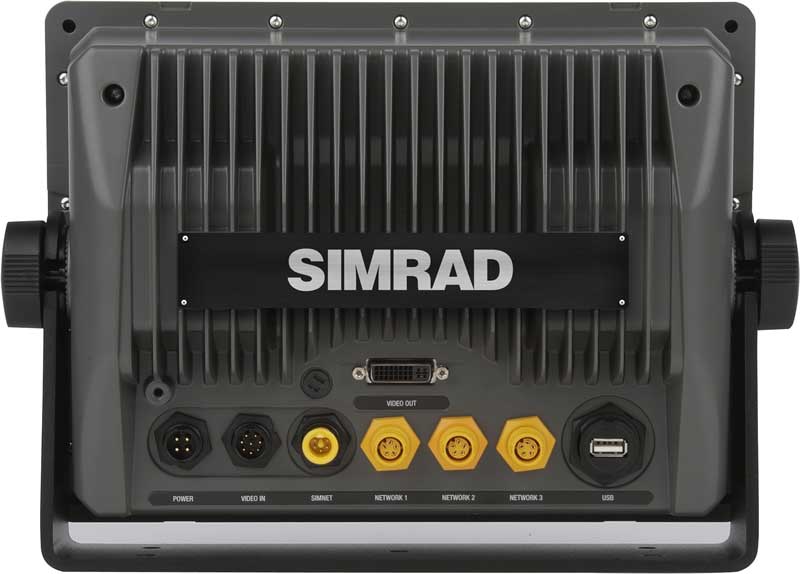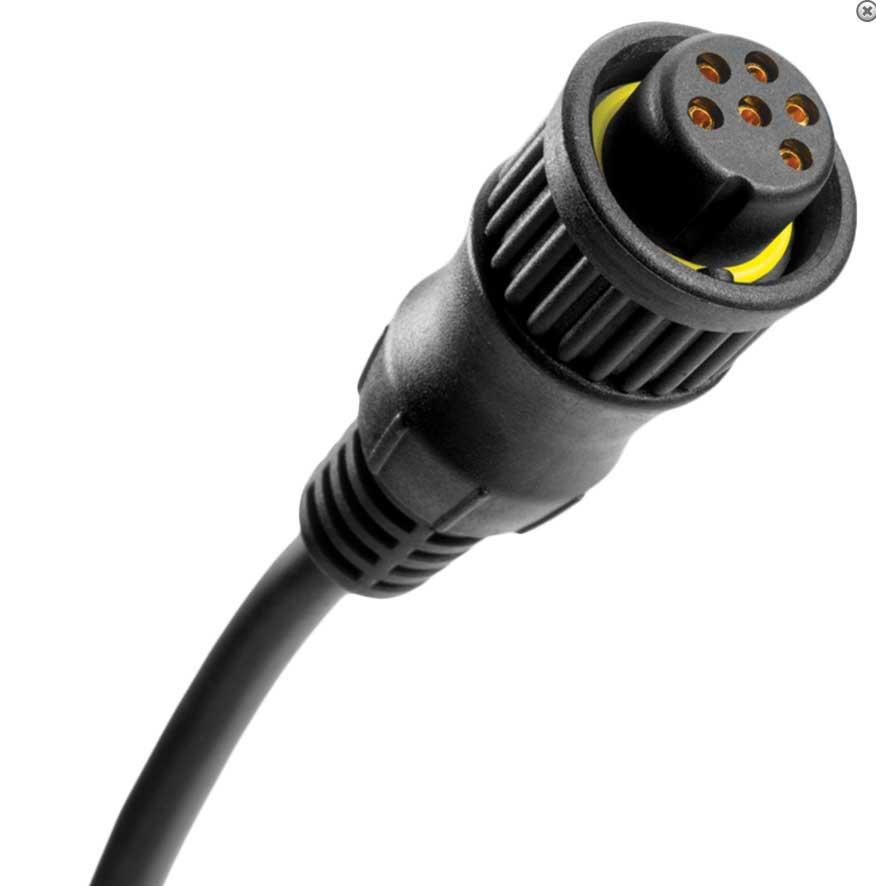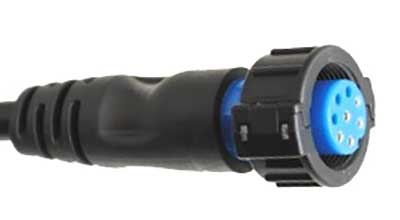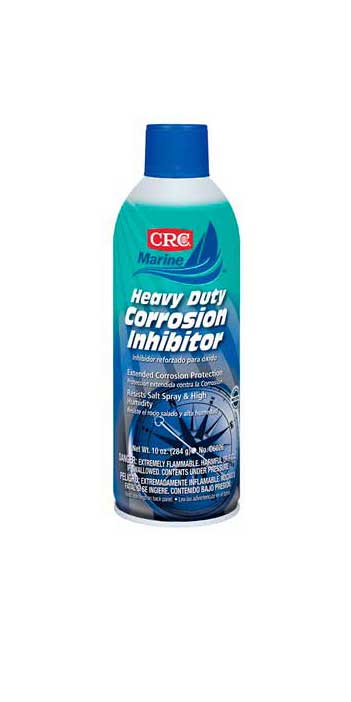We all love the salt life, but salt doesn’t return the favor. In fact, it’s downright destructive to the plugs and receptacles on our electronics. Here are five tips for keeping these critical connection points functioning.

Shield and Protect
Even small amounts of saltwater spray permeate and corrode electrical plugs and receptacles. Flush-mounting electronics keeps the back side of your equipment and the connectors away from spray. If you have bracket-mounted electronics, a helm enclosure minimizes the amount of spray these units receive.

Check for Tight
Vibration and choppy seas cause plugs and twist-and-lock collars that secure them to work loose. Periodically check the plugs to make sure they’re attached tightly, especially if your electronics shut down unexpectedly in rough seas.

Inspect for Corrosion
Every month or two, disconnect plugs from receptacles and inspect the pins and receivers for corrosion. To clean up the connectors, turn off all power and use a small pen knife to carefully scrape away any corrosion. If corrosion is excessive, replace the plug.

Grease ‘Em Up
To help protect the connections from moisture and salt, coat the pins with dielectric grease. Use a toothpick to dab the grease on the pins and receivers of the connectors.

Inhibiting Spray
With everything plugged in, give the connector housings a light spray of a corrosion-inhibiting spray such as CRC Marine Heavy Duty Corrosion Inhibitor to help repel any water that finds its way to the back of your electronics.









